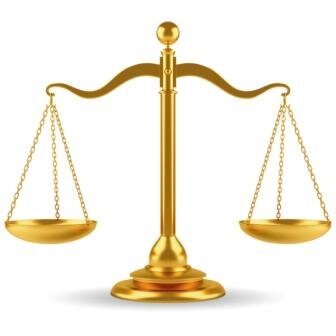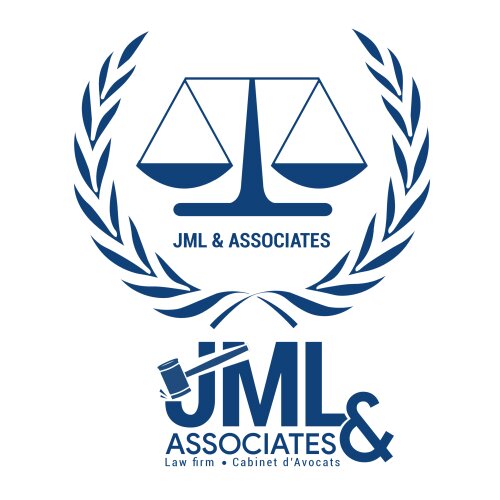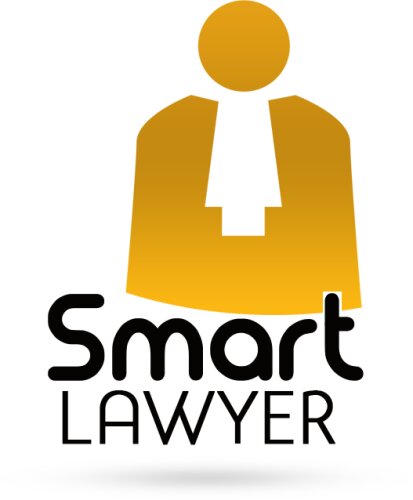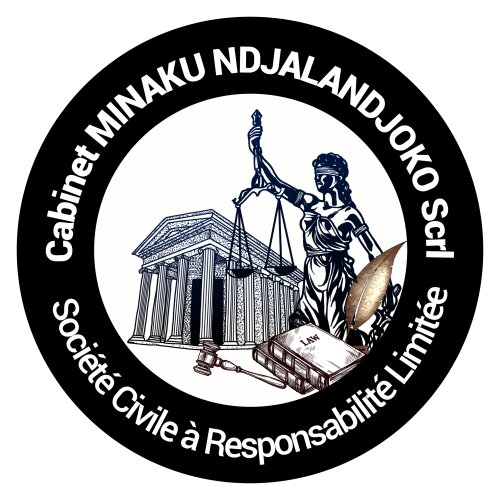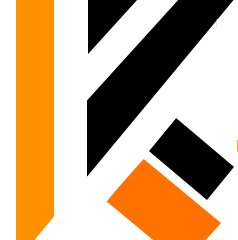Best Lawsuits & Disputes Lawyers in DR Congo
Share your needs with us, get contacted by law firms.
Free. Takes 2 min.
Or refine your search by selecting a city:
List of the best lawyers in DR Congo
About Lawsuits & Disputes Law in DR Congo
The Democratic Republic of the Congo (DR Congo) operates under a legal system that blends civil law influenced by Belgian law with customary law reflecting the diverse cultural practices of its people. In DR Congo, lawsuits and disputes cover a range of issues from commercial and property disputes to family and criminal matters. The process can be complex due to the coexistence of formal legal institutions and customary dispute resolution mechanisms. The country's court system is hierarchical, including the Constitutional Court, Court of Appeal, and various tribunals, each addressing different kinds of disputes. Understanding the intricacies of this system is crucial for anyone involved in legal proceedings within DR Congo.
Why You May Need a Lawyer
There are numerous situations where seeking legal advice is essential in DR Congo:
- Contractual Disputes: Misunderstandings or breaches of contract require legal help to navigate the complexities of evidence and obligations.
- Property Disputes: Whether it's buying, selling, or inheriting property, legal assistance ensures all transactions comply with national and customary laws.
- Business Conflicts: Legal advice is imperative for resolving issues such as partnership disagreements or arbitration in commercial contexts.
- Family Law Issues: Divorce, child custody, and inheritance disputes often require the expertise of a lawyer to protect personal interests.
- Criminal Cases: Defense against criminal charges necessitates a deep understanding of both statutory and procedural law.
Local Laws Overview
Key aspects of local laws in DR Congo relevant to lawsuits and disputes include:
- Commercial Law: Governed primarily by the OHADA treaty, which standardizes business laws across member states to harmonize commercial practices.
- Land Rights and Property Law: Integrates statutory law with local customs, affecting how land rights are acquired and contested.
- Civil Procedure Code: Establishes the framework for legal proceedings, including evidence rules and court jurisdictions.
- Customary Law: Recognized alongside statutory laws, especially in personal affairs such as marriage and inheritance, where traditional practices may influence legal proceedings.
- Investment and Arbitration Law: Encourages foreign and local investment with provisions for resolving disputes through arbitration.
Frequently Asked Questions
What is the first step in filing a lawsuit in DR Congo?
Initially, you should consult with a lawyer to evaluate your case and help prepare the necessary legal documents for submission to the appropriate court.
How long does it typically take for a case to be resolved?
The duration can vary significantly, depending on the complexity of the case and the caseload of the relevant court, ranging from several months to years.
Can disputes be settled out of court?
Yes, parties are encouraged to settle disputes through mediation or arbitration before resorting to litigation, which can be costly and time-consuming.
Are court proceedings public in DR Congo?
Generally, court hearings are public, but judges can decide to hold private sessions if deemed necessary for justice or security reasons.
What should I do if I can't afford a lawyer?
Some organizations provide legal aid services based on financial need; it's advisable to contact local legal aid clinics or bar associations for assistance.
What is the role of customary law in DR Congo’s legal system?
Customary law plays a significant role, particularly in family and land matters, allowing traditional practices to influence judicial decisions, provided they don't conflict with statutory law.
Is there an appeal process for decisions made by courts?
Yes, parties can appeal decisions to higher courts if there are grounds such as legal error or procedural issues in the original trial.
What types of cases can be resolved through arbitration?
Arbitration is frequently used for commercial disputes involving contracts, partnerships, and investments, offering a private resolution option.
Are foreign judgments recognized in DR Congo?
Foreign judgments can be recognized, provided they comply with DR Congo's legal requirements and there is reciprocity between the countries involved.
How can I find a qualified lawyer in DR Congo?
Consult the national bar association, legal aid organizations, or seek recommendations from trusted contacts familiar with the local legal landscape.
Additional Resources
- National Bar Association: Offers resources and referrals to qualified lawyers.
- Ministry of Justice and Human Rights: Provides information on the legal system and access to legal texts.
- Local NGOs: Various non-governmental organizations offer legal advice and support, especially in cases involving human rights.
- OHADA: A source for understanding commercial laws applicable within DR Congo and other member countries.
Next Steps
If you are seeking legal assistance for a lawsuit or dispute in DR Congo, consider the following steps:
- Conduct thorough research or consult a reliable reference to understand your legal needs.
- Reach out to a legal professional specializing in the area of your dispute for an initial consultation.
- Explore potential out-of-court settlements such as mediation or arbitration.
- If proceeding with a lawsuit, ensure all documentation and evidence are meticulously prepared.
- Stay informed about your case progress and maintain regular communication with your legal representative.
Lawzana helps you find the best lawyers and law firms in DR Congo through a curated and pre-screened list of qualified legal professionals. Our platform offers rankings and detailed profiles of attorneys and law firms, allowing you to compare based on practice areas, including Lawsuits & Disputes, experience, and client feedback.
Each profile includes a description of the firm's areas of practice, client reviews, team members and partners, year of establishment, spoken languages, office locations, contact information, social media presence, and any published articles or resources. Most firms on our platform speak English and are experienced in both local and international legal matters.
Get a quote from top-rated law firms in DR Congo — quickly, securely, and without unnecessary hassle.
Disclaimer:
The information provided on this page is for general informational purposes only and does not constitute legal advice. While we strive to ensure the accuracy and relevance of the content, legal information may change over time, and interpretations of the law can vary. You should always consult with a qualified legal professional for advice specific to your situation.
We disclaim all liability for actions taken or not taken based on the content of this page. If you believe any information is incorrect or outdated, please contact us, and we will review and update it where appropriate.
Browse lawsuits & disputes law firms by service in DR Congo
DR Congo Attorneys in related practice areas.
Browse lawsuits & disputes law firms by city in DR Congo
Refine your search by selecting a city.




